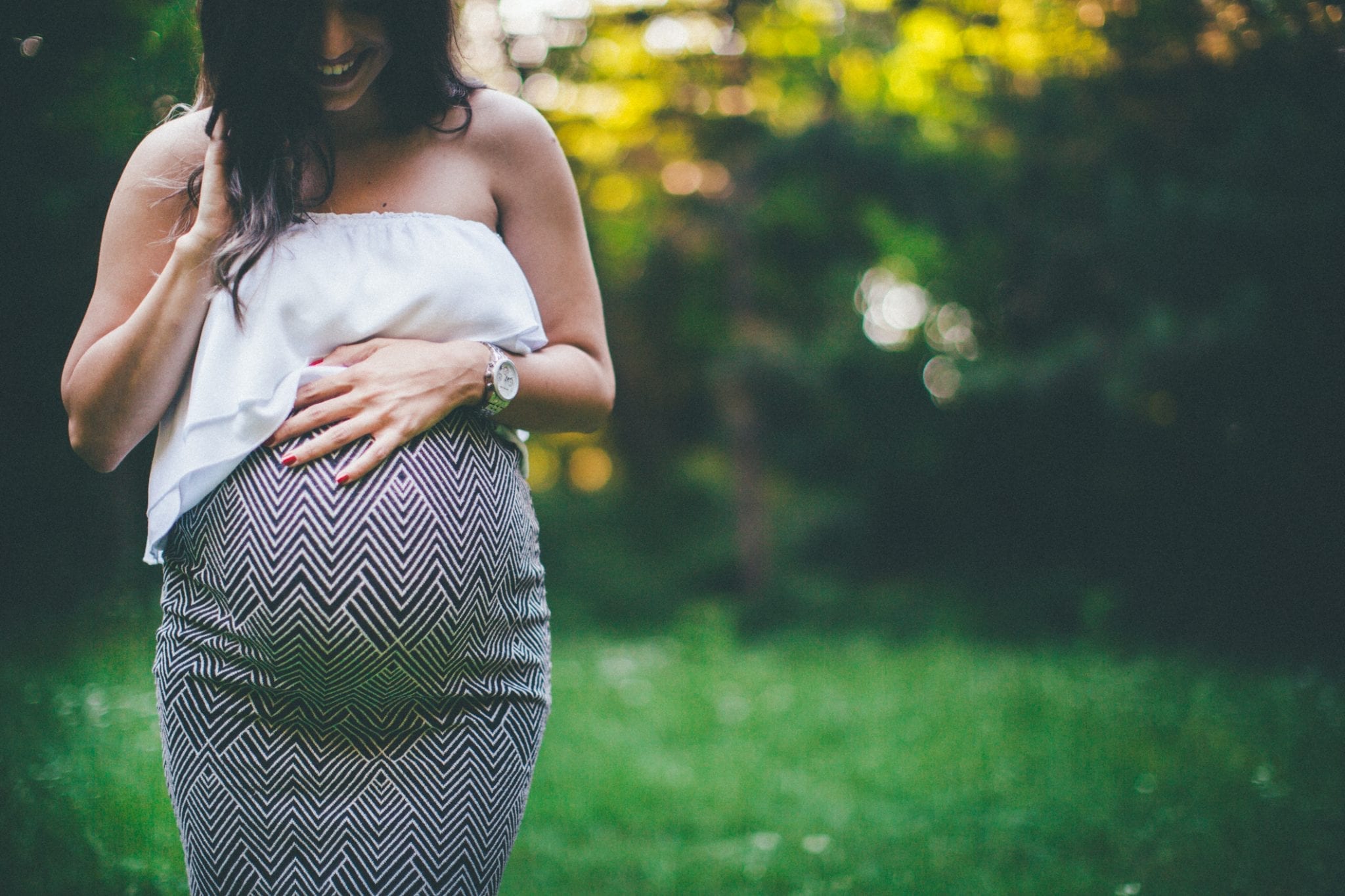Pregnancy brings a lot of changes: changes to your lifestyle, your home, and even your career and relationships. But quite possibly, the biggest are those body changes during pregnancy. Everyone knows the noticeable change of a baby bump. Still, many people don’t know that every day, your inner organs and functions are constantly changing, growing, or altering their functions to accommodate you and your baby.
How and Why Your Body Changes During Pregnancy
If you are pregnant, looking to become pregnant, or just curious about what goes on inside, here are the main body changes during pregnancy — and why they happen.
1. Your Uterus Grows
As mentioned, we all know our bellies grow, but did you know your uterus is expanding to make room for your baby? Your uterus will grow so large during the second trimester that it will no longer fit comfortably in its usual spot in the pelvis. Instead, it will travel above your belly button and expand upward. When you get close to the due date, your uterus will be as big as a watermelon. But don’t fret — after the baby is born, it will “involute” back to its original size and find its way back into your pelvis until the next baby.1
Why does this happen? This one is simple. Your uterus grows to hold your growing baby! As the uterus expands and pushes your other organs out of the way, it makes a larger home for the baby to feel comfortable in until they are ready to enter the world.1
2. Your Blood Pressure Changes
Your blood starts doing lots of crazy things the moment you get pregnant. For instance, your plasma increases in volume, causing your heart rate to speed up (do you always feel out of breath?).2 Hormones produced relax your blood vessels, causing a slight decrease in blood pressure at the beginning of your pregnancy. A slight reduction in your blood pressure is typical, but blood pressure that drops too low may be a cause for concern.2 Try to sleep on your side during pregnancy as much as possible to avoid a more significant drop in blood pressure. In addition to the blood pressure, your body will experience increased blood volume and blood vessels to prepare for birth and baby, bringing your blood pressure back up.3
Why does this happen? The development of new blood vessels and the relaxation of blood vessels by the hormone progesterone cause a decrease in blood pressure for some at the beginning of pregnancy. As pregnancy progresses and stress on the body increases, with increased blood volume and cardiac output, blood pressure can rise later in pregnancy.3
3. You Grow a Cup Size (Or Two or Three)
Your breasts getting bigger is one change that can happen almost instantly for some women (and not at all for others!). For many, larger breasts are often the first of the body changes during pregnancy that people notice. In addition to the growth, women will experience tender breasts, larger nipples, and darker areolas. And this change continues until the baby is born — as you approach your due date, your breasts will begin to prepare for breastfeeding. For example, you may notice some leakage from the nipples and an even more considerable increase in cup size.4
Why does this happen? You can also blame this one on hormones. Estrogen and progesterone increase dramatically during pregnancy, and those two hormones are directly related to our breast size and breast milk production.8,9
4. Your Hormones Go Crazy
You can blame pregnancy hormones for most of your body changes during pregnancy.5 Your hormone, or endocrine, system is working double time. This will cause your basal metabolic rate to increase (some women may already be aware of this change while they’re trying to conceive), which causes an increased appetite, feelings of fatigue, and even occasional hot flashes.10 It will also increase glucose levels, decrease calcium levels, and increase prolactin. Be sure you take the appropriate prenatal vitamins to counteract any negative elements these changes bring.5
Why does this happen? Your entire body changes to make room for a growing human, and your hormones regulate these changes during pregnancy. All these changes are necessary, though — they help your baby grow, play a big part in milk production, and ensure a healthy pregnancy.5
5. Your Respiratory System Speeds Up
Feeling tired and out of breath? You can thank your changing respiratory system for that. Your rib cage will begin to spread, and as your uterus grows, your diaphragm will also be displaced.6,11 This, in addition to the increase in blood flow, will cause your need for oxygen to increase, and you may feel yourself taking deeper, fuller breaths.12
Why does this happen? It’s no longer just you who needs your oxygen! The fetus needs lots of oxygen, too. So do the uterus and placenta. With all this oxygen to spread around, your respiratory system takes note and increases its rate to ensure everyone gets what they need.3
6. Your Gastrointestinal System Gets Funky
All your gastrointestinal organs are making changes — many of which you’ll notice.7 Are you feeling constipated during pregnancy? This is because your digestion is slowing. As your uterus enlarges (yes, it’s the uterus’ fault yet again!), it pushes the stomach and intestines out of place, causing your digestion to slow.7,15 Also, the hormone progesterone increases, which aids in relaxing our organs. This can cause heartburn and acid reflux.13,14
Why does this happen? The uterus makes room for the baby, meaning the gastrointestinal organs must move aside.15 As they move, your digestion will slow, and as progesterone gets released, your organs will relax, causing flatulence, constipation, upset stomachs, and heartburn.7,14
Take care of yourself, mama! These body changes during pregnancy can leave you feeling beautiful, tired, sad, cranky, and joyful all in one day! Remember that you’re growing, and your body is an incredible system. For more, listen to our podcast episode, where we talk about surprising body changes during pregnancy.





























